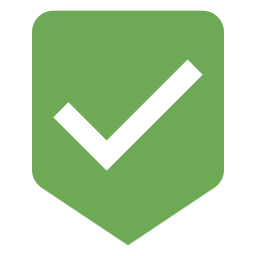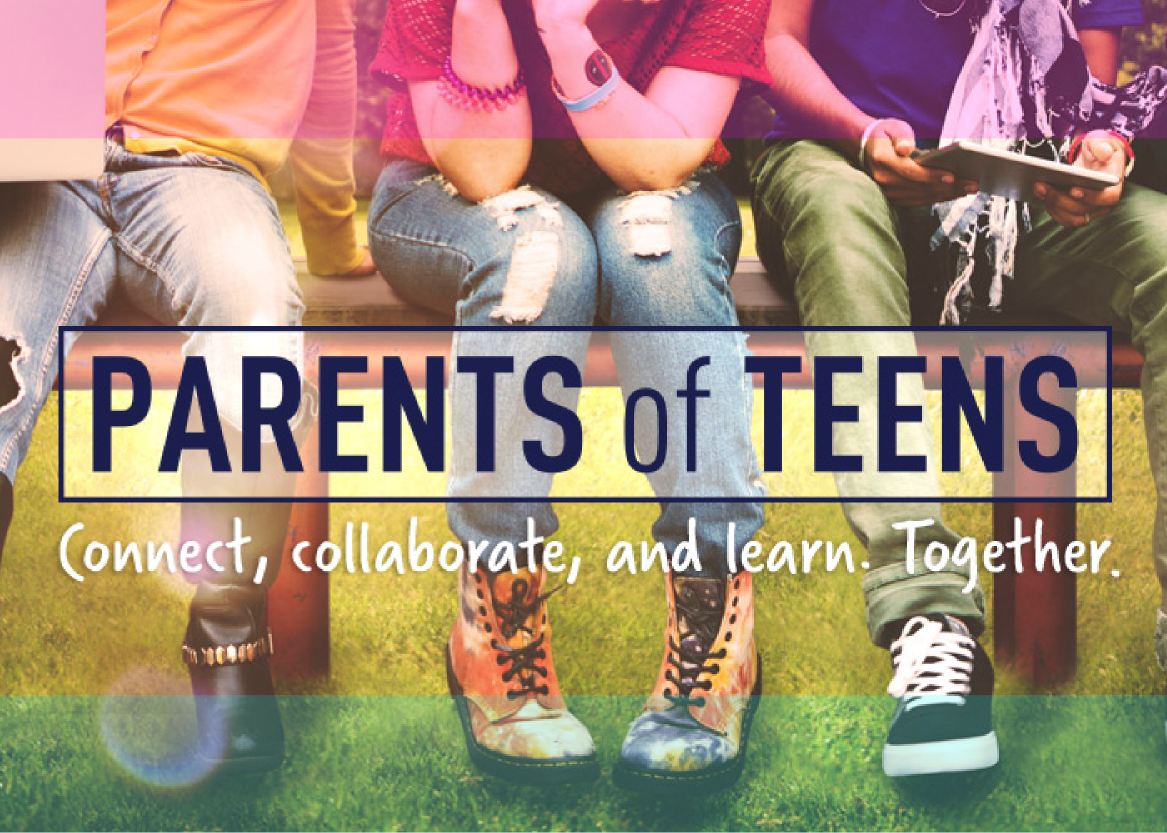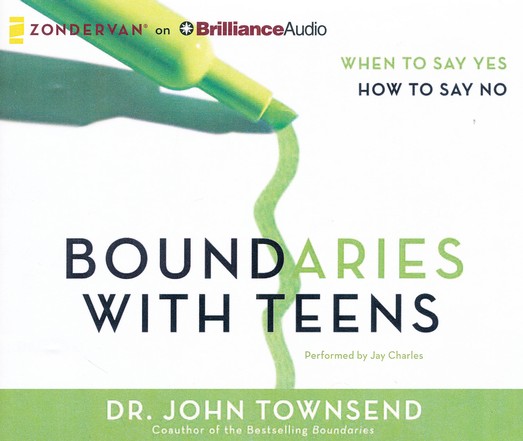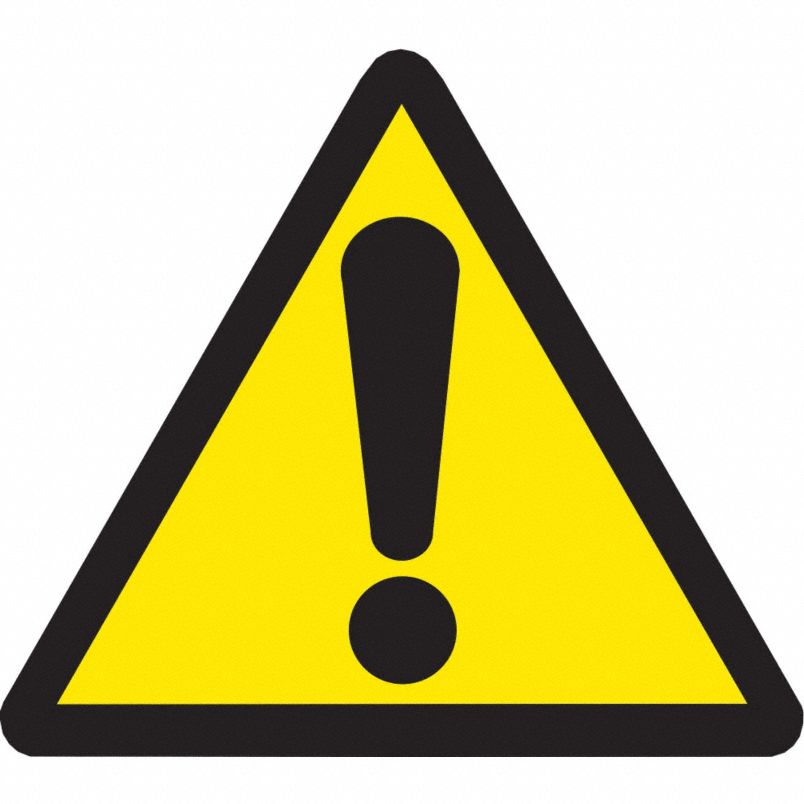Parent Resources

Drugs, including tobacco and alcohol, are readily available to children and adolescents. As a parent, you have a major impact on your child’s decision not to use drugs. Drug abuse prevention starts with learning how to talk with your children about difficult topics. Then, the programs offered by school, sports, and other groups can support what you have already started.

Data source: National Survey on Drug Use and
Health (NSDUH), SAMHSA.
People are most likely to begin abusing drugs - including tobacco, alcohol, marijuana, and illegal and prescription drugs - during adolescence and young adulthood.
By the time they are seniors, almost 70 percent of high school students will have tried alcohol, half will have taken an illegal drug, nearly 40 percent will have smoked a cigarette, and more than 20 percent will have used a prescription drug for a nonmedical purpose. (1) There are many reasons adolescents use these substances, including the desire for new experiences, an attempt to deal with problems or perform better in school, and simple peer pressure. Adolescents are “biologically wired” to seek new experiences and take risks, as well as to carve out their own identity. Trying drugs may fulfill all of these normal developmental drives, but in an unhealthy way that can have very serious long-term consequences.

Remember
"Adolescents are “biologically wired” to seek new experiences and take risks, as well as to carve out their own identity."
When your teen has a drug problem
Discovering your child uses drugs can generate fear, confusion, and anger. It’s important to remain calm when confronting your teen, and to only do so when everyone is sober. Explain your concerns and make it clear that your concern comes from a place of love. It’s important that your teen feels you are supportive.

Warning signs of teen drug abuse checklist
While experimenting with drugs doesn’t automatically lead to drug abuse, early use is a risk factor for developing more serious drug abuse and addiction. Risk of drug abuse also increases greatly during times of transition, such as changing schools, moving, or divorce. The challenge for parents is to distinguish between the normal, often volatile, ups and downs of the teen years and the red flags of substance abuse.
These signs/symptoms can include:
- Having bloodshot eyes or dilated pupils; using eye drops to try to mask these signs
- Skipping class; declining grades; suddenly getting into trouble at school
- Missing money, valuables, or prescriptions
- Acting uncharacteristically isolated, withdrawn, angry, or depressed
- Dropping one group of friends for another; being secretive about the new peer group
- Loss of interest in old hobbies; lying about new interests and activities
- Demanding more privacy; locking doors; avoiding eye contact; sneaking around

Five steps parents can take
- Lay down rules and consequences. Your teen should understand that using drugs comes with specific consequences. Don’t make hollow threats or set rules that you cannot enforce. Make sure your spouse agrees with the rules and is prepared to enforce them.
- Monitor your teen’s activity. Know where your teen goes and who he or she hangs out with. It’s also important to routinely check potential hiding places for drugs—in backpacks, between books on a shelf, in DVD cases or make-up cases. Explain to your teen that this lack of privacy is a consequence of him or her having been caught using drugs.
- Encourage other interests and social activities. Expose your teen to healthy hobbies and activities, such as team sports and afterschool clubs.
- Talk to your child about underlying issues. Drug use can be the result of other problems. Is your child having trouble fitting in? Has there been a recent major change, like a move or divorce causing stress?
- Get help. Teenagers often rebel against their parents but if they hear the same information from a different authority figure, they may be more inclined to listen. Try a sports coach, family doctor, therapist, or drug counselor.


Struggling with your child’s substance use? We’re here to listen and help you find answers. Call or chat with us now >>
Basic Understanding of Addiction
What is drug addiction?
Addiction is defined as a chronic, relapsing brain disease that is characterized by compulsive drug seeking and use, despite harmful consequences. It is considered a brain disease because drugs change the brain—they change its structure and how it works. These brain changes can be long-lasting, and can lead to the harmful behaviors seen in people who abuse drugs.
Early use of drugs increases a person’s chances of developing addiction. Remember, drugs change brains—and this can lead to addiction and other serious problems. So, preventing early use of drugs or alcohol may go a long way in reducing these risks. If we can prevent young people from experimenting with drugs, we can prevent drug addiction. Learn more by reviewing the National Institute on Drug Abuses - The Science of Addiction.
Why do people take drugs?
In general, people begin taking drugs for a variety of reasons:
- To feel good.
- To feel better.
- To do better.
- Curiosity and “because others are doing it.”
- To escape.
- To reduce stress.

Parent Prevention and Early Intervention Manuals
The following guides are for parents to help them to prevent alcohol use/abuse with youth. The "Primary Prevention" manuals cover strategies to prevent alcohol abuse problems before they start. The "Early Intervention" manuals will help parents to deal with a problem when it is still at an early stage.

Find Answers to Tough Questions:
When to Say Yes, How to Say No
Teenagers! You love them to pieces, but sometimes you feel like the pieces are falling apart.
It is every parent’s nightmare: having a teen on alcohol or drugs. This is not life as God designed it. Substance abuse causes the breakdown of all that is good. Enslavement replaces freedom. Detachment replaces love. Chaos replaces order. Despair replaces hope. Boundaries with teens is the answer.
Sample Parent/Child Contracts
You can never be too safe or speak up too soon.
Expectations with your teen are key! By the time many parents suspect their teen has an alcohol or drug problem, they may have a serious problem on their hands - so, prevention is crucial.
Being clear with your expectations regarding your teen’s drug/alcohol usage is key to prevention. According to Mothers Against Drunk Driving, teens whose parents communicate that underage drinking is completely unacceptable are more than 80 percent less likely to drink than teens who receive other messages. Use the following agreement for discussion on your expectations regarding drugs and alcohol.
How to Identify if Your Child is at Risk?

Look for Warning Signs. Figuring out if your child is using drugs or alcohol can be challenging. Many of the signs and symptoms are, at times, typical teen or young adult behavior. Many are also symptoms of mental health issues, including depression or anxiety disorders. If you’ve noticed any of the described changes or behaviors in your child, don’t be afraid to err on the side of caution. Prepare to take action and have a conversation during which you can ask direct questions like “Have you been drinking or using drugs?” While no parent wants to hear “yes,” being prepared for how you would respond can be the starting point for a more positive outcome.
Behavioral Changes
- Has changed relationships with family members or friends
- Uses chewing gum or mints to cover up breath
- Often uses over-the-counter preparations to reduce eye reddening or nasal irritation
- Frequently breaks curfew
- Has cash flow problems
- Drives recklessly, and has car accidents or unexplained dents in the car
- Avoids eye contact
- Locks doors
- Goes out every night
- Makes secretive phone calls
- Makes endless excuses
- Has the “munchies” or sudden appetite
- Exhibits uncharacteristically loud, obnoxious behavior
- Laughs at nothing
- Has become unusually clumsy: stumbling, lacking coordination, poor balance
- Disappears for long periods of time
- Has periods of sleeplessness or high energy, followed by long periods of “catch up” sleep
Mood & Personality Shifts
- Exhibits mood changes or emotional instability
- Sullen, withdrawn, depressed
- Shows loss of inhibitions
- Silent, uncommunicative
- Hostile, angry, uncooperative
- Deceitful or secretive
- Less motivated
- Unable to focus
- Hyperactive
- Unusually elated
Health Issues
- Unusually tired
- Lethargic movement
- Unable to speak intelligibly, slurred speech, or rapid-fire speech
- Nosebleeds
- Runny nose, not caused by allergies or a cold
- Frequent sickness
- Sores, spots around mouth
- Seizures
- Vomiting
- Wetting lips or excessive thirst (known as “cotton mouth”)
- Sudden or dramatic weight loss or gain
- Skin abrasions/bruises
- Accidents or injuries
- Depression
- Headaches
- Sweatiness
At Home and in the Car
- Disappearance of prescription or over-the-counter pills
- Missing alcohol or cigarettes
- Disappearance of money or valuables
- Receiving unusual packages in the mail
- Smell in the car or bottles, pipes or bongs on floor or in glove box
- Appearance of unusual containers or wrappers, or seeds left on surfaces used to clean marijuana
- Appearance of unusual drug apparatuses, including pipes, rolling papers, small medicine bottles, eye drops, butane lighters, or makeshift smoking devices, like bongs made out of toilet paper rolls and aluminum foil
- Hidden stashes of alcohol
School and Work Concerns
- Absenteeism or loss of interest
- Loss of interest in extracurricular activities, hobbies or sports
- Failure to fulfill responsibilities at school or work
- Complaints from teachers or supervisors
- Reports of intoxication at school or work
Hygiene & Appearance Problems
- Smell of smoke or other unusual smells on breath or on clothes
- Messy appearance
- Poor hygiene
- Red, flushed cheeks or face
- Track marks on arms or legs (or long sleeves in warm weather to hide marks)
- Burns or soot on fingers or lips (from “joints” or “roaches” burning down)
Prepare to be Called a Hypocrite - BE WELL PREPARED!
You’re likely to be asked whether or not you’ve consumed alcohol or done drugs, and there are ways to answer honestly that keep the emphasis less on you, and more on what you want for your son or daughter. You could explain that you tried alcohol, smoking or drugs in order to fit in, only to discover that "doing something to fit in" is never a good reason to do anything. Or you can focus on the fact that drugs affect everyone differently, and just because your life wasn’t harmed by alcohol, tobacco, or drug use, you’ve seen it happen to too many others.
You’re likely to be asked whether or not you’ve consumed alcohol or done drugs, and there are ways to answer honestly that keep the emphasis less on you, and more on what you want for your son or daughter. You could explain that you tried alcohol, smoking or drugs in order to fit in, only to discover that "doing something to fit in" is never a good reason to do anything. Or you can focus on the fact that drugs affect everyone differently, and just because your life wasn’t harmed by alcohol, tobacco, or drug use, you’ve seen it happen to too many others.
Stay Focused When They Can Not Be
A drug is a chemical substance that can change how your body and mind work. Drugs of abuse are substances that people use to get high and change how they feel. They may be illegal drugs like marijuana, cocaine, or heroin. Or they may be legal for adults only, like alcohol and tobacco.
Medicines that treat illness can also become drugs of abuse when people take them to get high—not because they're sick and following their doctor's orders. People can even abuse cough or cold medicines from the store if they ignore the directions and take too much at one time.
- Be honest – but be sure they know you don’t want them using.
- If you use tobacco and your child calls you on this, mention that you are an adult, and yes, you can do this since it’s legal – but you understand that you shouldn’t and it’s not healthy. Underscore how hard it is to stop as an adult and that you want to help your child to avoid making the same mistakes.
- If you’re in recovery, think of your past experiences as a gift you can use to impact your child. Tell your child, “I did these things but I made wrong choices, and I want you to learn the lessons from my mistakes.”

Remember
"Don’t let your response become a justification for your child’s alcohol, tobacco, or drug use. Focus on the issue at hand – that you don’t want your son or daughter drinking, smoking, or using drugs."
Prevention Dictionary of Substances
Understanding the language of prevention and recovery can be challenging for a parent confronting substance abuse. As a result we have compiled terminology that you may hear used in prevention education, drug free workplace education, prescription drug abuse, treatment, and recovery environments in a section called "Quick Reference Terms". We also understand that many parents are confronted with trying to determine what and if a substance is being abused. To assist with your research we have created a comprehensive "Drug Guide" to aid in both the discovery of the substance of abuse you may be dealing with and the effects of specific drugs.
- Quick Reference Terms
- Drug Guide
12 Telltale Signs of Teen Drug Use & Abuse

Sources:
- Johnston, L.D.; O’Malley, P.M.; Bachman, J.G.; and Schulenberg, J.E. Monitoring the Future National Results on Adolescent Drug Use: Overview of Key Findings, 2013. Bethesda, MD: National Institute on Drug Abuse, 2013. Available at www.monitoringthefuture.org
12 Telltale Signs of Teen Drug Use & Abuse











